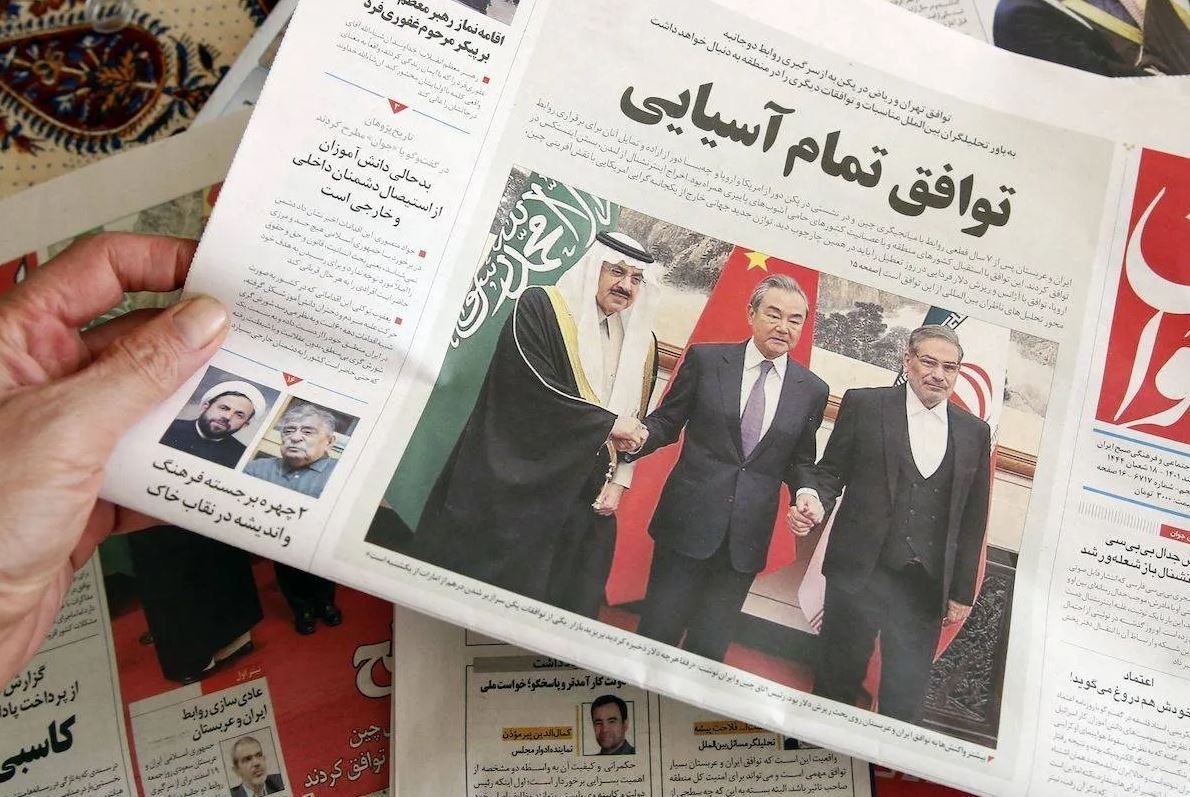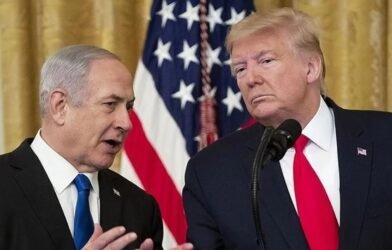Subtotal $0.00
The agreement signed between Saudi Arabia and Iran under Chinese auspices on March 6 sparked a lot of interest in the Arab world, the Middle East and the world in general, and it came after a diplomatic break between the two countries in 2016, and the statement stated that "it is in response to the initiative of the Chinese president in supporting relations between Iran and Saudi Arabia." Despite the agreement to reopen embassies and diplomatic representations within two months, the Saudi Foreign Minister stated that the agreement does not necessarily mean resolving all issues between the two countries, followed by a statement by Saudi Finance Minister Mohammed al-Jadaan that Saudi investments in Iran can happen very quickly without the Chinese sponsorship. Despite the importance of this agreement, the most prominent aspect of this agreement is the Chinese sponsorship, because it reflects the increasing Chinese strategic influence at the global level and China's practical interest in the region, and there is no doubt that this step is not isolated from the context of the development of Chinese foreign relations, as it came after the 20th General Conference of the Communist Party of China, and after this conference, three Chinese summits were held in Saudi Arabia, Saudi, Arab and Gulf, the first of its kind attended by the Chinese president, who described it as opening a "new era" for relations between China and the Arab world and the Gulf states and Saudi Arabia, during which major understandings and agreements were signed between the two countries. The reconciliation step comes in the context of the escalation of the Chinese role and the transformation of Beijing's foreign policy from a timid policy that usually stood in the shadow of the Russian policy to an initiative policy that gives priority to the Middle East and the Gulf, because the region represents great importance to China, especially in the energy file and the "Belt and Road" initiative. The Chinese Foreign Minister had commented describing the agreement as "a victory for dialogue, victory for peace, and providing important good news at a time when the world is in turmoil", an indirect reference to the Russian-Ukrainian war and the possibility of China playing a conciliatory role in it amid Western charges that China is siding with Russia. There is no doubt that the Chinese move in a region traditionally considered an American sphere of influence and achieving political and diplomatic achievements with one of America's most important allies in the world is a diplomatic victory for China and a painful setback and a serious indicator of the decline of the US position in the region and perhaps in the world, especially since it coincides with the announcement by the Republic of Honduras of its intention to abandon its relations with Taiwan and establish diplomatic relations with China. The issue of energy and oil is one of the strategic matters that China seeks to obtain to complete the modernization process, after it became the second largest importer of oil in the world after the United States, which pushes it to play a larger role in the region and try to promote stability because it serves its projects, most notably the "Belt and Road" initiative, which needs stability in the countries through which the initiative's projects pass, and a suitable environment to implement its projects, and Beijing is concerned with calming differences between countries to make the initiative successful, which includes intercontinental projects and without stability in countries it will be difficult to implement them. Contrary to the European and American colonial strategy based on the theory of "divide and rule" and stoking the fire of discord between local and regional powers, China is working to present itself as a mediator between opposing powers and is trying to present peace initiatives, the latest of which was the Chinese initiative to resolve the Ukrainian-Russian crisis, which included 12 points under the title: "China's position on the political settlement of the Ukrainian crisis." But the United States and the West are not interested in a settlement of this kind, especially if the initiative comes from China, as it could be an opportunity for Chinese intervention in European affairs and legitimize the Chinese meetings and contacts with the elves
China is looking at the coming period seriously, especially with the growing targeting of the United States, as it worked to increase the defense budget by more than 7% for the second year in a row, an increase that must be viewed with great seriousness, as it comes after the decline in Chinese economic growth, which reached about 3%, during the past years due to the Corona pandemic and the repercussions of the Russian-Ukrainian war, but the percentage of military spending exceeded the growth rate, and this is due to the double importance of military development for China concerned with developing its capabilities in this field with the provocations led by the United States, whether in Taiwan or Change All these tensions and accusations indicate that there is a clear and major targeting of China, and it is concerned with working on rapid development, whether militarily, economically, or at the level of relations because it realizes that confrontation with the West is inevitable, but it is trying to avoid any direct clashes with the United States and the West and postpone them for as long as possible, until it is ready. The fact that Saudi Arabia has taken this step by reconciling with Iran means that Israel's strategy towards Iran in the region has become highly questionable, because the Iranian-Saudi rapprochement represents a setback to the Israeli foreign policy that was based during the past years on isolating Tehran, inciting war with it and portraying the region as united against Iran and ready for a military confrontation with it. It will also negatively reflect - most likely - on the normalization process led by the United States, because the Saudi-Iranian agreement could lead to calm in hot files in the region such as the Yemeni, Lebanese, Syrian and even Iraqi files, and then DDR's need will retreat It seems that the official Israeli side, led by Netanyahu, is still in a state of denial, as he made statements from the Italian capital Rome after the official announcement of the Saudi-Iranian agreement, about his intention to continue his efforts to normalize relations between Tel Aviv and Riyadh, by developing the Hejaz railway and linking Haifa and Saudi Arabia with the train project through Jordan. At the unofficial level, especially in the opposition, Israeli concern over the agreement was evident, and was even described as a dangerous development for Israel and a political victory for Iran by former Israeli Prime Minister Naftali Bennett. Once again, the Saudi-Iranian agreement may be subject to possible immediate setbacks, but on the strategic level it is an indicator of China's growing influence in the world and its expansion in establishing relations with countries at the expense of the influence of the United States, especially in the Middle East, as the agreement reflects Beijing's desire to take a larger role in the region, and we may soon see its involvement in the Palestinian issue and other major regional issues.











